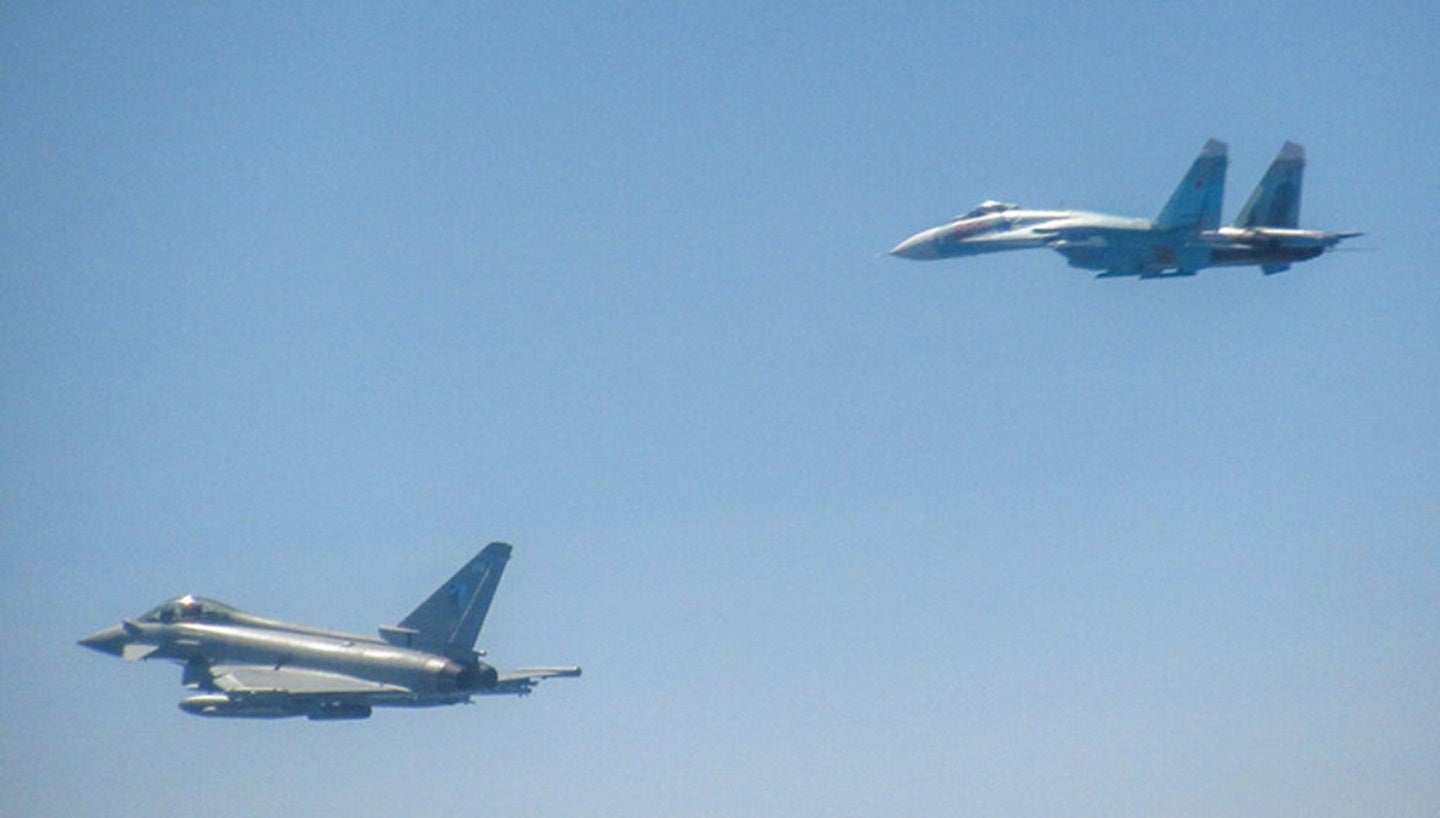Harry McNeil

In a year marked by heightened tensions, Nato air forces intercepted Russian military aircraft more than 300 times in 2023, with the majority of incidents unfolding over the Baltic Sea.
The alliance’s ongoing air-policing missions aim to respond to unpredictable manoeuvres by Russian planes approaching Nato airspace, emphasising the role of air defence in the face of evolving security challenges.
The alliance’s air-policing missions, triggered by signs of Russian planes approaching alliance airspace in unconventional manners, show Nato’s commitment to safeguarding its members.
Nato’s eastern flank witnessed a historical pattern of Russian military aircraft operating without transmitting transponder codes or filing flight plans. Despite these encounters, the vast majority were characterised by professionalism, with breaches of Nato airspace remaining infrequent and short-duration.
Acting Nato spokesperson Dylan White emphasised the severity of the security situation in Europe amid Russia’s conflict with Ukraine. White stated: “Nato fighter jets are on duty around the clock, ready to scramble in case of suspicious or unannounced flights near the airspace of our allies. Air policing is an important way in which Nato provides security for our Allies.”
In response to Russia’s actions in Ukraine, Nato significantly bolstered its air defences along the eastern flank. The reinforcement included additional fighter jets, surveillance flights, and ground-based air defences.
No comments:
Post a Comment